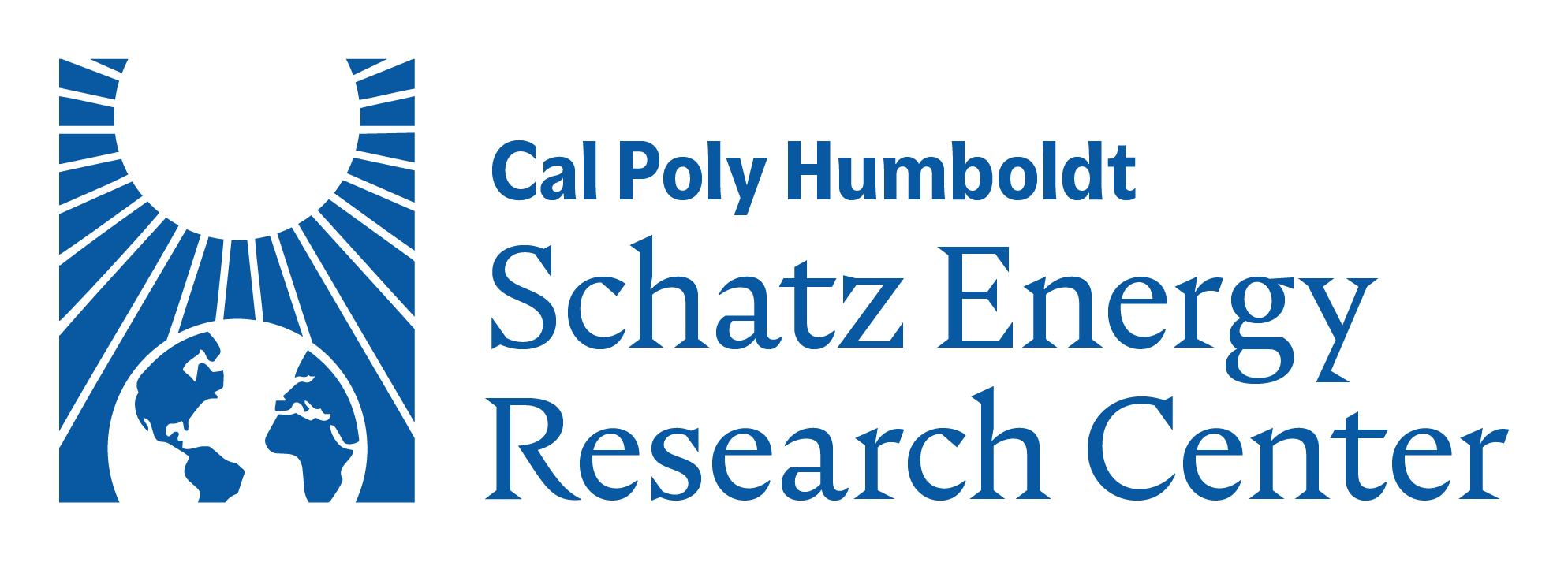The Schatz Energy Research Center will be offering a 2-day Hydrogen Technology and Energy Curriculum (HyTEC) teacher training August 6-7 at Humboldt State University. This will be the last professional development opportunity for high school teachers interested in bringing HyTEC-funded hydrogen and fuel cell technology into the classroom.
SERC collaborated with the Lawrence Hall of Science at UC Berkeley on development of the curriculum and experiment kits for teaching high school students in chemistry, environmental science, and physical science courses about hydrogen energy and fuel cells. Curriculum topics are correlated with National Science Teachers Association standards. The project has support from the U.S. Department of Energy and the Alameda-Contra Costa Transit Agency. Visit the project website here.

The curriculum has gone through extensive testing and is now being disseminated nationwide. The hydrogen experiment kits that were developed as part of the curriculum have recently gone into production by LabAids, a longtime partner of Lawrence Hall of Science. The kits are designed to be low-cost, but given very limited budgets at high schools these days, SERC and the Humboldt County Office of Education will act as regional hosts, providing a physical location where high school teachers can check out the kits. Teachers who participate in the training will also have access to additional resources at SERC, including staff and docent support during the lab portions of the curriculum. To bring the topic of hydrogen for transportation out of the classroom and into the real-world, SERC staff and docents can also provide tours of the Humboldt State University Hydrogen Fueling Station and demonstrate our Toyota Highlander fuel cell car.

The workshop will be led by scientists, engineers, and curriculum developers working on hydrogen and fuel cells. Workshop participants who reside in Humboldt County will receive a $200 stipend. Out-of-county participants will receive a $250 stipend. High school teachers of Environmental Science, Chemistry, or Physical Science are encouraged to register.
The one- to two-week flexible curriculum module includes an introduction to alternative energy for transportation, electrolysis of water to produce hydrogen fuel, use of the hydrogen produced to run hydrogen fuel cells and measure efficiency, and the chemistry of the fuel cell reaction. Practical applications and challenges of this technology and environmental issues related to energy use are also covered.
The kits available on loan to each participant include one complete set of teacher materials and eight complete sets of classroom materials, including eight experiment kits, appropriate for a classroom of 32 students working in groups of four.













